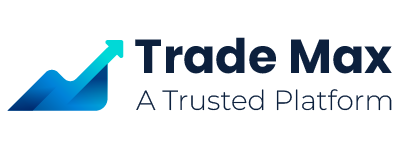Shares in French banks, tollroad operators and renewable energy firms fell sharply on Monday, after French President Emmanuel Macron called surprise snap elections in response to his camp’s defeat in EU elections.
Shares in BNP Paribas (BNPP.PA), opens new tab, France’s biggest bank, fell by close to 8% at the opening and was trading 5.3% lower at 1420 GMT, while shares in French lenders Credit Agricole (CAGR.PA), opens new tab and Societe Generale (SOGN.PA), opens new tab also suffered heavy losses.
The companies were among the biggest fallers on the pan-European STOXX 600 (.STOXX), opens new tab index, alongside French highway operators Eiffage (FOUG.PA), opens new tab and Vinci (SGEF.PA), opens new tab, which also traded around 5% lower.
Macron’s unexpected decision could hand major political power to the far-right after years on the sidelines, and put Marine Le Pen’s National Rally (RN) party in charge of the domestic agenda, including economic policy.
Among policies put forward by the party, the RN has proposed higher public spending, despite already significant levels of French debt, threatening to further raise funding costs at French banks.
The RN has also proposed to nationalise French motorways to reduce road tolls by 15%.
French gas and electricity firm Engie (ENGIE.PA), opens new tab also fell 4.5%, heading for its biggest intraday decline in over a year, while smaller renewable energy specialist Voltalia (VLTSA.PA), opens new tab was down 6.5%.
France’s blue-chip index CAC 40 (.FCHI), opens new tab dropped 1.6%.
“The National Rally’s programme on renewable energies is characterized by strong opposition, particularly on wind and solar energy,” said Pierre-Alexandre Ramondenc, utilities and renewables analyst at Alphavalue.
The RN plans to dismantle existing wind farms and has long opposed the construction of new installations in favour of an almost exclusive focus on nuclear energy, he added.
Despite investor concerns, industry questioned whether the RN would proceed with its stated policies. Highways are a major contributor to state finances, said a source close to ASFA, the association of French highway companies.
“The concessions are tax collectors and pay half of their revenue to the State. Calling them into question would be a dangerous signal for France’s rating,” said the person, declining to be identified on political matters.



